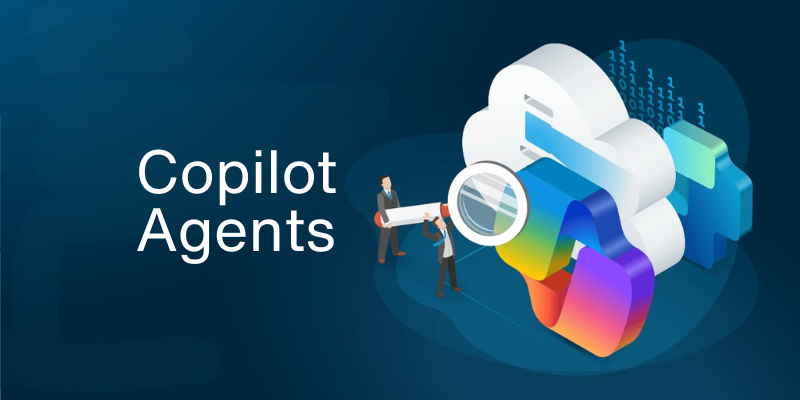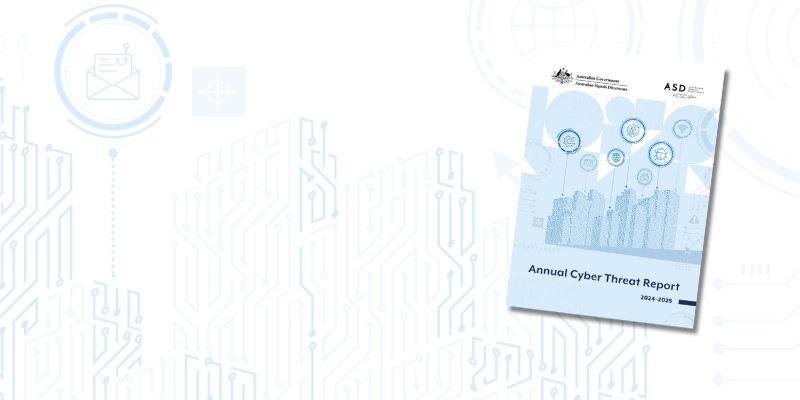Tips for selecting a data backup solution
What’s the difference between a file backup and cloud backup?
A file backup duplicates and stores copies of critical system and personal files so that it can be recovered after a data loss event.
A cloud backup is the same as file backup, only it is an automatic solution that backs up data and stores it in secure offsite servers, operated by a cloud storage provider.
Why do businesses need to backup files?
The use of reliable and secured files, documents, communications are important in decision making and managing relationships with business stakeholders and clients. It plays an important role in building business trust, reputation and competitive advantage, so it makes sense to protect business data against loss.
The main reason any business would choose a backup solution to protect important files is to ensure that they can minimise the impact of a data loss event and continue to operate afterwards – an important component of any business continuity plan.
Data loss can occur for several reasons, from something as innocuous as a simple administrative error to more malicious intentions such as ransomware.
Reasons for data backup
- Data loss prevention
Data loss can occur for a multitude of reasons – as a result of system faults, prolonged outages, data corruption, deactivation of user accounts, the loss, destruction or theft of technological devices, accidental or even malicious data deletion. The risk of data loss may be heightened due to a recent rise in security breaches and cybercrime, the rapid adoption of cloud and the hybrid model of work. - Auditing, tax, reporting and regulatory data retention requirements
Data retention obligations will vary across businesses and industries, but the reliance of data for auditing, tax and reporting purposes means that the preservation of data is non-negotiable. - A form of archive
By backing up data that is no longer active or used regularly, means lessening the strain on storage limits, while still retaining it for restore when required.
A business’ ability to function – not to mention financial costs, damage to reputation and client relationships as a flow-on affect – is on the line without data backup as part of its business continuity plan. To mitigate business data loss risks, a data backup solution can ensure a business can recover their data and bounce back after a data loss event. Data backup delivers peace of mind for businesses who know their important cloud files, documents and communications are backed up securely, should anything go wrong.
For complete peace of mind, the preservation of data in the form of data backup is insurance for businesses, should the unthinkable ever occur.

What to look for when choosing a backup solution
- Weighing up the risk
Consider the type of business, the type of risks it is exposed to, the systems and level of impact to business as well as the likelihood of those risks becoming a reality. When reviewing reliable backup solutions, ensure the features matches the risks to adequately protect the business. - Incremental backup
Regular snapshot copies of data means that even small updates within files and documents are captured and able to be recovered. Also check whether the backup solution conducts data roll ups or if every snapshot of data is saved as is. - Independent backup and storage
Backing up to a remote device, separate to the systems it is backing up will ensure business users can still access the data and information should a system outage occur. - Ease of search and fast restore
How easily can the data be searched and restored? Will it save in place back to its original location or allow you to choose a new location? Will it save over existing files or will the restore create a new copy? When hit with an unplanned event, a business needs fast access and prompt data restore to enable them to bounce back quickly and minimise any impact to their operations. - Privacy concerns and end user functionality
This may be an important consideration for business users who’d prefer to search and restore their own files and documents to maintain confidentiality. Check that the backup solution has an end user search and restore functionality to assure complete discretion. - Data retention period
Ensure the data retention period sufficiently meets business needs with consideration of industry or other regulatory requirements. - Data sovereignty
This refers to the country-specific requirement that data is subject to the laws of the country in which it is collected or processed and must remain within its borders. This means businesses must pay attention to how they manage data in different locations. When selecting a back up solution, businesses should consider where the backed up data is stored and how it is managed. - Flexibility
If this is an important consideration for the business, explore the option of month-to-month plans with no lock-in terms which offers ultimate flexibility. - Local support
Ideally a backup solution should be part of an overall backup strategy. Backups should happen regularly, and the solution – easy to manage and easy to use. But if there are any issues requiring support, you’d want to be sure you’re covered. When choosing backup solutions, consider whether the vendor offers support during your local business hours.







